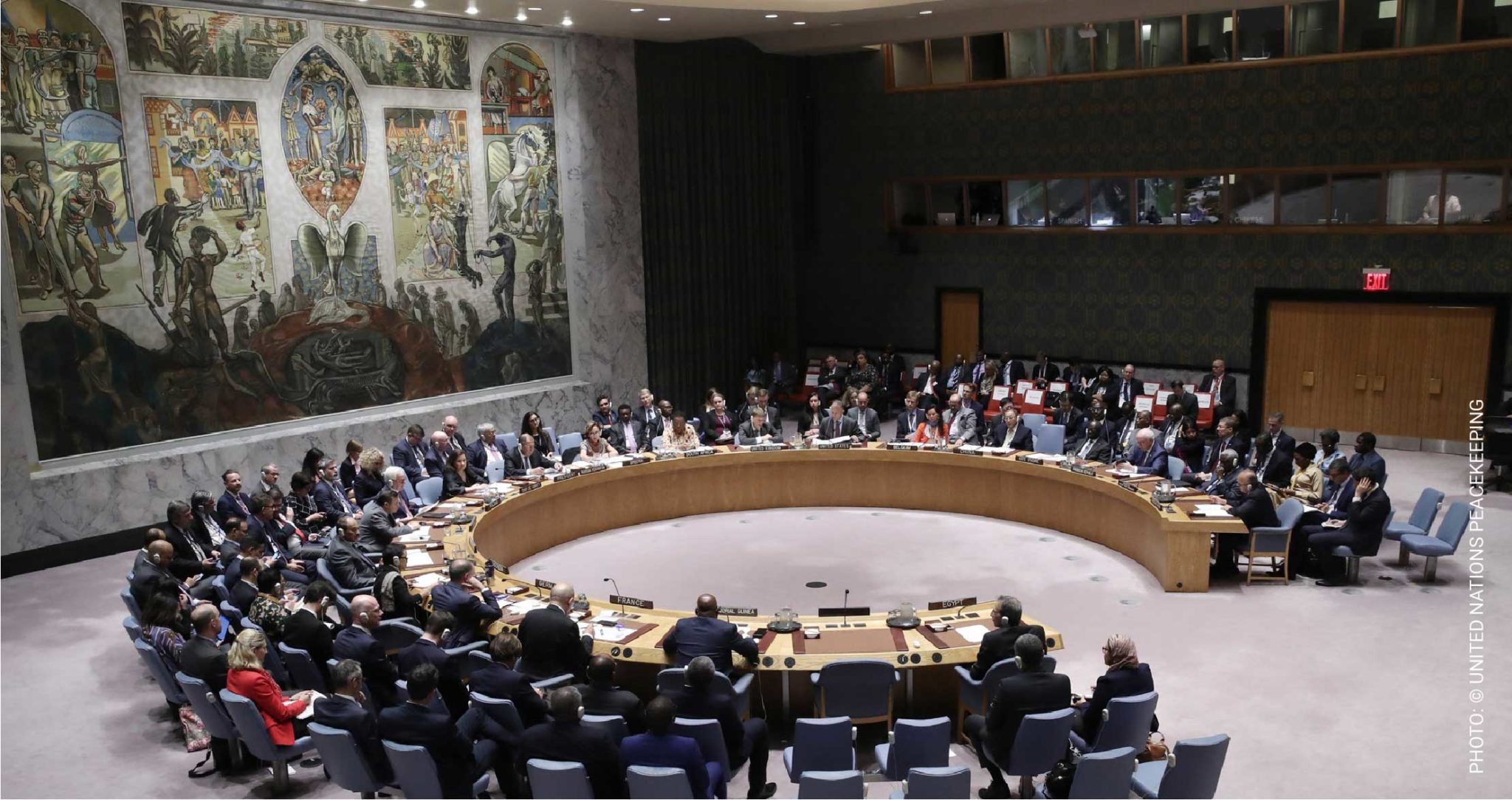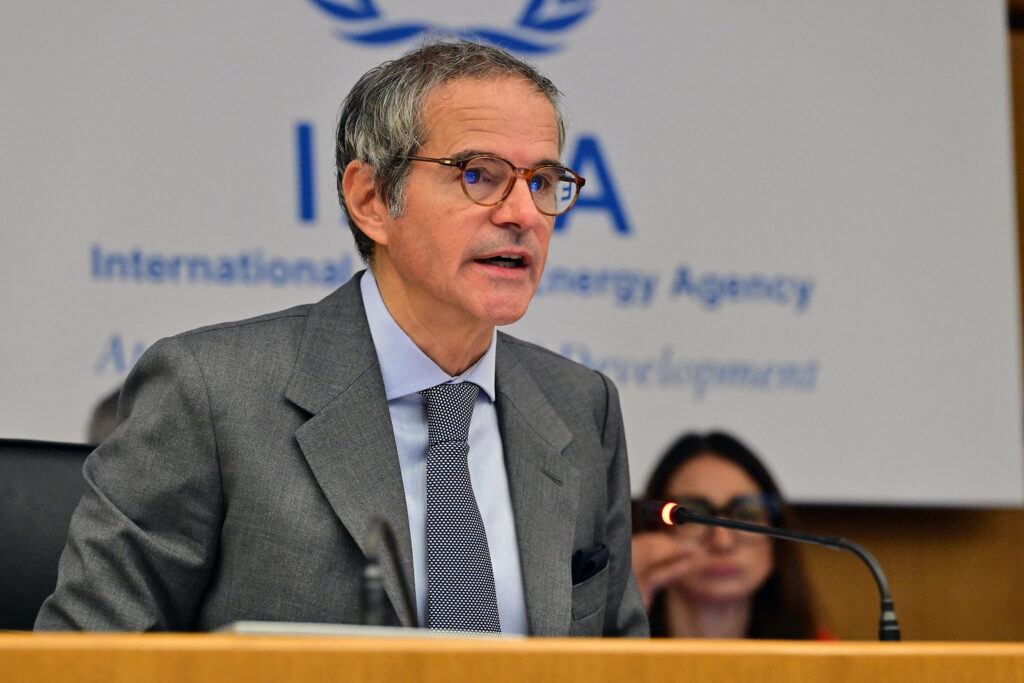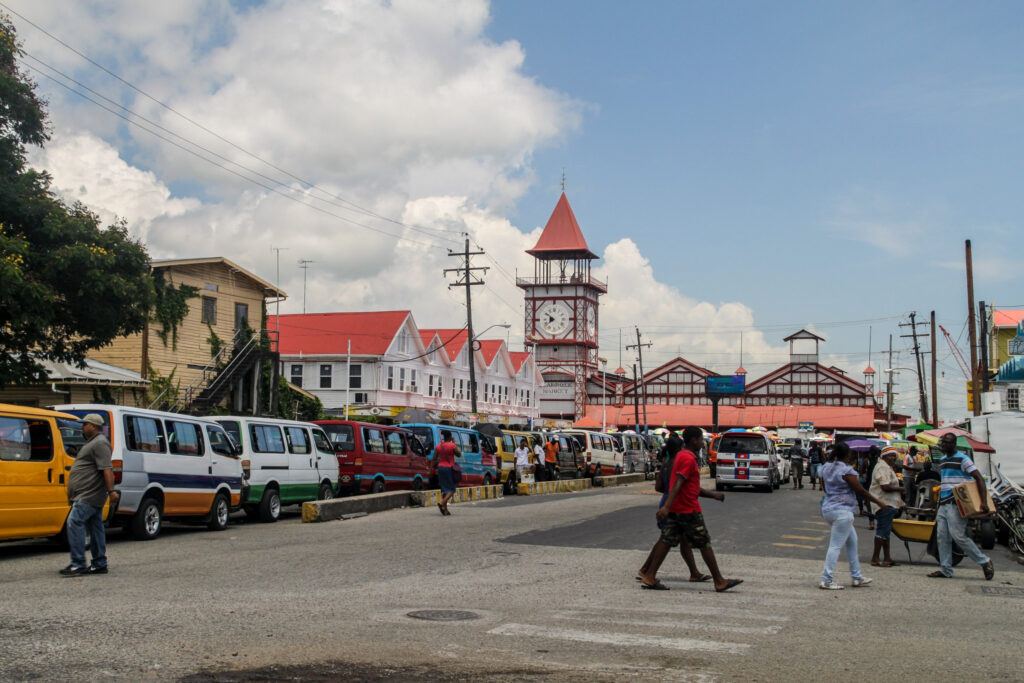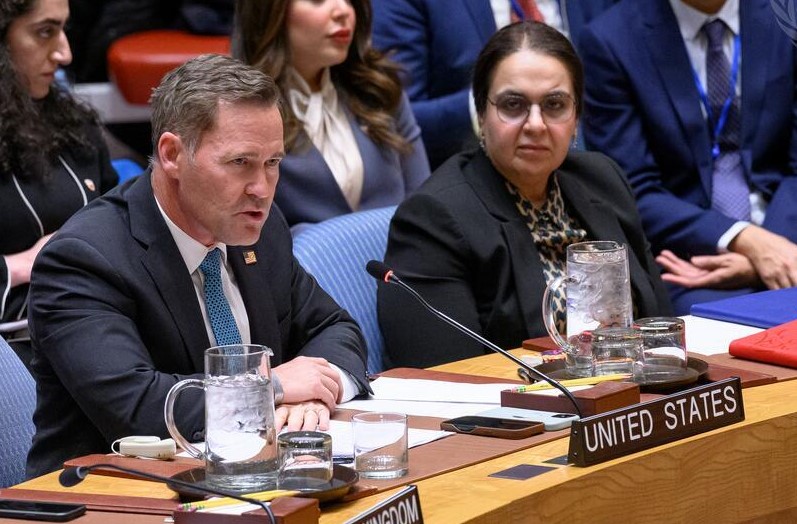By Chandrima Das
Since the onset of the Russian invasion of Ukraine, there has been confusion about the role of UN peacekeepers. Early in the conflict, President Vladimir Putin attempted to pervert the word by claiming Russian forces were dispatched to “perform peacekeeping functions.” UN Secretary-General António Guterres quickly countered: “When troops of one country enter the territory of another country without its consent, they are not impartial peacekeepers.”
Some in the international community have called for UN peacekeepers to be deployed in Ukraine. The Prime Minister of Poland, Mateusz Morawiecki, and the Defense Minister of the Czech Republic, Jana Cornochova, have said the UN “should find a way to send in blue helmets, that is, soldiers who would oversee respect for human rights and supplies.” The impulse to provide some countervailing force to Russia’s wanton violence is understandable. However, it is not quite as simple or straightforward as sending in UN forces.
First, all peacekeeping missions must be approved by the five permanent members of the UN Security Council, Russia, the U.S., the U.K, China, and France. In this particular scenario, Russia would almost certainly veto any attempt at deploying peacekeepers..
Second, it is a common misunderstanding that UN peacekeepers are the UN’s own armed forces. Instead, these military, police and civilian personnel come from UN Member States, known as troop contributing countries, and are integrated with civilian peacekeepers to advance the mandates authorized by the Security Council. As of this writing, there are approximately 73,000 peacekeepers deployed to 12 missions from 124 different countries. The UN cannot simply send in troops and use military force in Ukraine without the government’s consent.
Lastly, peacekeepers cannot be deployed if there is no peace to hold. In order for peacekeeping to be worth the investment, UN troops must be in a position to maintain peace and security, which at this point in the conflict does not exist. When there is no political process in place, peacekeeping is simply not a viable option.
Overwhelming evidence shows that UN Peacekeeping is effective. Since the first mission was deployed in 1948, 59 peacekeeping missions have successfully closed, helping countries navigate the difficult process from conflict to stability; most recently, missions closed in Liberia, Sierra Leone and Timor-Leste. Everyday, peacekeepers serve 150 million of the world’s most vulnerable people who are trying to not only survive conflict, but also promote sustainable peace in their communities.
The UN has a strong presence on the ground in Ukraine. In fact, more than a thousand staff from UN agencies have committed to staying and supporting people in need. Currently, the UN and its agencies are in Ukraine and in neighboring countries providing a lifeline to people in need thanks in large-part to U.S. support. The World Food Programme, the UN Refugee Agency, the UN Children’s Fund and more members of the UN family are working to help provide food, water, hygiene supplies, shelter, and education and career opportunities for Ukrainians who have stayed and those who have fled.
Is peacekeeping the right option right now? No. But we can be assured that the UN will continue to be a platform to call out atrocities committed by Russia, hold its leaders accountable, and perhaps most importantly, stand and deliver for the Ukrainian people.
Chandrima Das is the Better World Campaign’s Senior Director of Peacekeeping and Security Policy. You can follow her on Twitter here.




